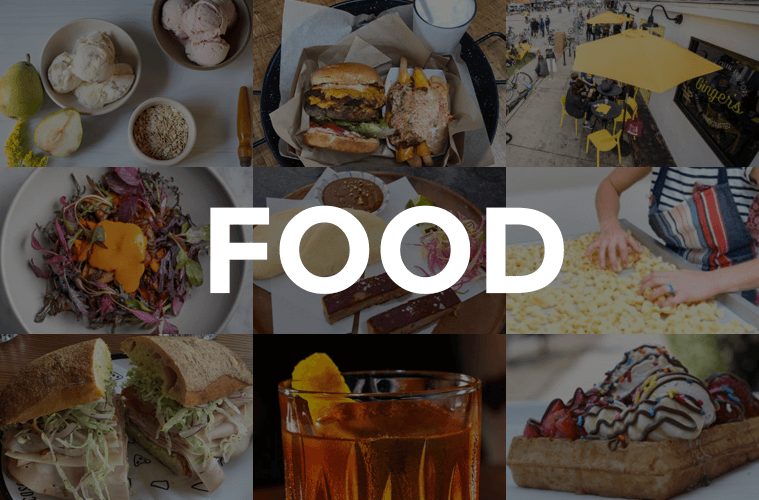Poised between Reseda’s Persian commercial strip to the south and a smallish Chinese community to the north, Afghan House lies in what amounts to an Afghan mini-mall tucked behind a busy Burger King drive-thru. To one side of the restaurant is a framing shop that also features a line of Afghan furniture. To the other is a market stocked with pulses, nuts and fresh flatbread as well as Afghan videos, CDs, Korans, supercheap hand-knotted rugs, and a full line of imported post cards and souvenirs, most of which seem to feature the enormous Buddhas dynamited last year by the Taliban. The mall is a bit of Central Asia in a neighborhood that not too long ago felt more like Oklahoma than Los Angeles.
Before Afghanistan started to dominate the headlines last month, Afghan House seemed quaint, even square, a travel poster of a restaurant with traditional costumes and an old musket mounted jauntily on the walls; Afghan carpets laid on the floors; and knee-high tables plonked in the center of the room, elaborately set for tea. Afghan House has from the beginning been an informal meeting hall for local Afghans, with fliers advertising Kurdish dance parties and benefit car washes strewn by the entrance, after-mosque crowds on Friday afternoons, concerts of Afghan music, and a sideline of imported Afghan clothing. Teenagers float into the restaurant throughout the afternoon, filling their plates with grilled meat and rice from the inexpensive buffet set up at one end of the dining room. Large groups of Afghans sit around the restaurant‘s tables — the smallest table here seats six — debating one another in long streams of Dari punctuated with interpolated phrases like “Northern Alliance” and “moderate Taliban.”
As everybody now knows, Afghanistan abuts practically every country in Central Asia, and its cooking has absorbed something from almost all of them: luscious, long-stewed eggplant and cauliflower dishes influenced by the layered vegetable stews of Iran to the west; curries inflected by the fiery spicing of Pakistan to the south; dumplings similar to those from Muslim China to the east; and the flatbreads and oily pilafs like those of Uzbekistan to the north. There is a full range of the halal-meat kebabs — the ground-meat kebab is especially succulent here — that turn up everywhere in the Islamic world from Bosnia to Java.
The bolani, a savory fried pastry that falls somewhere in between Turkish boureks and the green-onion pancake you probably enjoyed on your last trip to Mandarin Deli, is the classic Afghan appetizer. The version at Afghan House, bolani katchalu, is pretty wonderful — transparent sheets of pastry laminated together with a paste of leeks and potatoes, then cut into triangles, fried to the crispness of perfect Vietnamese spring rolls, and served with a pungent green condiment that tastes like a cross between an Indian cilantro chutney and a lime-spiked Iranian sauce.
There are walnut-size leek dumplings, aushak, whose juiciness, springy dough and deep lamb flavor may remind you of the lamb dumplings at Muslim Chinese restaurants like Tung Lai Shun, but whose finish of split peas and tart yogurt somehow tugs the dish west, smack into Afghanistan. Mantu, which is the big dish here, may be thematically identical to Uzbek manti, but the huge, supple lamb dumplings have a richness, a simple luxuriousness I have never tasted in an Uzbek restaurant either here or in New York.
Familiar from Uzbek restaurants also may be Afghan House’s qabeli pilaw, a huge pile of rice colored with stock and the essence of fried onions and mounded over a sort of delicious Afghan osso buco, but Afghan House pushes the pilaf into an ornate new realm. The pilaf has the dense oiliness of Uzbek plov (as opposed to, say, the fluffiness of an Iranian polo), but the first impression is of the sweet smack of cardomom rather than the wilder nuances of Uzbek cumin seed, and the garnish of raisins, slivered almonds, candied carrot and pistachio gives the rice delicate, almost dessertlike nuances.
“Anti-aircraft batteries?” sighs a man at a nearby table. “Their idea of an anti-aircraft battery, I‘m afraid, is a 13-year-old in a lawn chair on the back of a pickup truck, waving his Stinger at pigeons.”
8516 Reseda Blvd., Northridge; (818) 709-6233. Open Mon.–Sun. 11 a.m.–9 p.m. Lunch or dinner for two, food only, $10–$22. No alcohol. Takeout. AE, MC, V. Recommended dishes: bolani katchalu, burani badenjan, mantu, qabeli pilaw.
Advertising disclosure: We may receive compensation for some of the links in our stories. Thank you for supporting LA Weekly and our advertisers.

